“When you’re building muscle, you gotta get as much protein as possible bro. More protein equals more muscle.” How often have you heard that?

That’s not to say protein isn’t important – it absolutely is. As a base level, 1 gram per pound of bodyweight is a very safe bet, and the target that most should aim for. In fact, the “Journal of the International Society of Sports Nutrition” suggests aiming for 1.4 to 2 grams per kilogram of bodyweight each day, which works out at 0.65 to 0.91 grams per pound.
What we will look at, however, is why protein is actually more important when cutting. Why even the above recommended intake might not be enough during a diet. And how your fat loss could be compromised by falling short on your protein intake.
What Does Protein Do?
If you’re reading this, you’ll probably have a pretty good understanding of protein’s main role within the body. While it has many jobs, its essential function is to rebuild, repair and grow new cells – i.e. build muscle.
Therefore, you’d be forgiven for thinking that when dieting, you wouldn’t need as much, as during a diet, you won’t be building any muscle. Here’s the deal though – protein isn’t the only macronutrient responsible for muscle growth. When you’re bulking, you actually need less protein, and here’s why:
A Calorie Surplus is the Secret to Muscle Gain
To bulk up, you need to be in a calorie surplus – i.e. consuming more calories than you burn, hence the phrase “eat big to get big.” It doesn’t matter how much protein you consume – if you’re not giving your body excess calories, it won’t have the fuel and energy needed to lay down new tissue and build new mass.
However, when bulking, once you’ve hit that base minimum you’re actually better off getting more calories from carbs. The more carbohydrate you eat, the better the protein will be used and utilised, hence, in a calorie surplus, when carb intake is higher, the importance of protein actually goes down.
This isn’t true on a cut though.
Protein: The Secret to Shreds
So you decide you want to get ripped? You switch from your bulking diet where you’re eating in a calorie surplus, to a cutting plan in a moderate deficit. That’s your first step, so what’s your second? If it’s anything except increasing protein, you’re veering off down the wrong track.
As stated above, protein is less important when your calories, and your carbs are higher, as your body doesn’t have quite as great a need for it. That means when calories and carbs are lower – such as when you’re in a fat loss phase – the importance of protein goes through the roof.
Protein is muscle-sparring, and negative calorie balance diets are certainly not. Your body will start using protein and muscle tissue for fuel if it starts to feel that its stores of carbohydrate and fat are being depleted too much, and this is the last thing you want. Therefore, if you want to maintain muscle when dieting, you need more protein than when bulking.
How Much?
This again, is one of those annoying “it depends” answers. But a pretty cool study was released earlier this year (2014) by three of the top names in the nutrition field – researcher Alan Aragon, and researchers and competitive natural bodybuilders Eric Helms and Peter Fitschen.
They actually studied the blood work and performance indicators of competing bodybuilders, and determined that an optimal protein intake during contest prep was 2.3 to 3.1 grams per kilogram of lean bodyweight. That’s roughly 1 to 1.4 grams per pound.
Practical Applications
The above is based off lean body mass. And how do you know your lean body mass? It’s simply a case of subtracting your fat mass from your total bodyweight. If you’re not sure of your fat mass, or fat percentage, then take an educated guess.
Most relatively lean guys will be between 12 and 15% body fat, and women will be between 16 and 20%. So if you’re a 180-pound guy at 15% body fat, that means your lean body mass is 153 pounds. From here, you can determine your optimal intake, which, if you’re going by the Helms, Aragon and Fitschen study, works out to somewhere between 155 and 215 grams. Pluck for somewhere in the middle – and you get 185 grams, so a little over 1 gram per pound.
Therefore, we come full circle. The absolute best (and the simplest) thing you can do to ensure success on your next diet is to make sure you hit a very minimum 1 gram of protein per pound of bodyweight. Then you can say hello to your fastest, easiest, most effective cut ever.

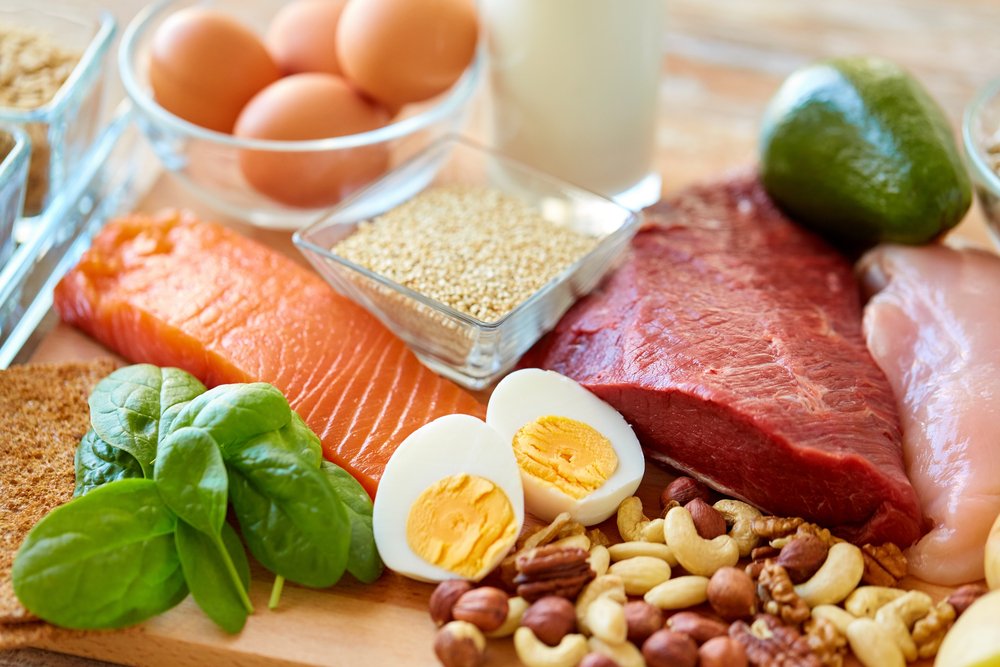

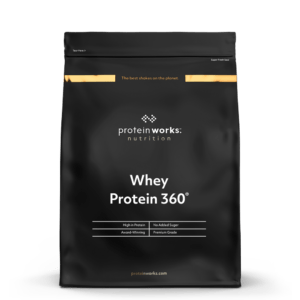
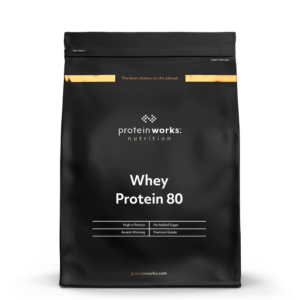
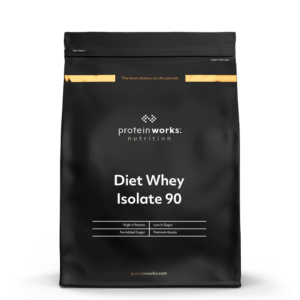
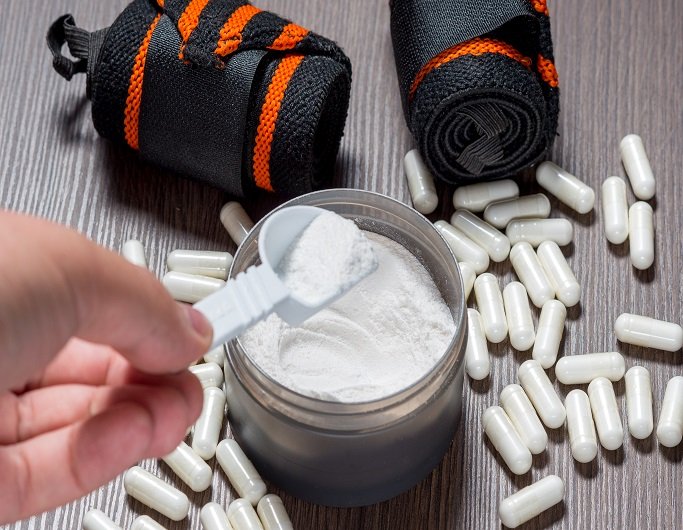
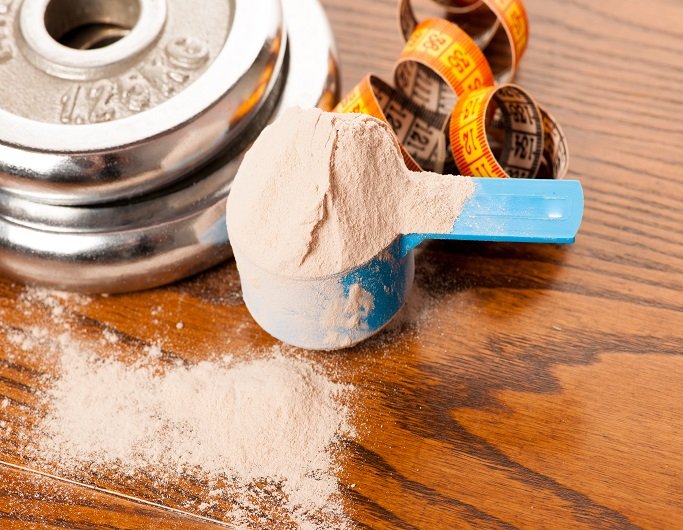
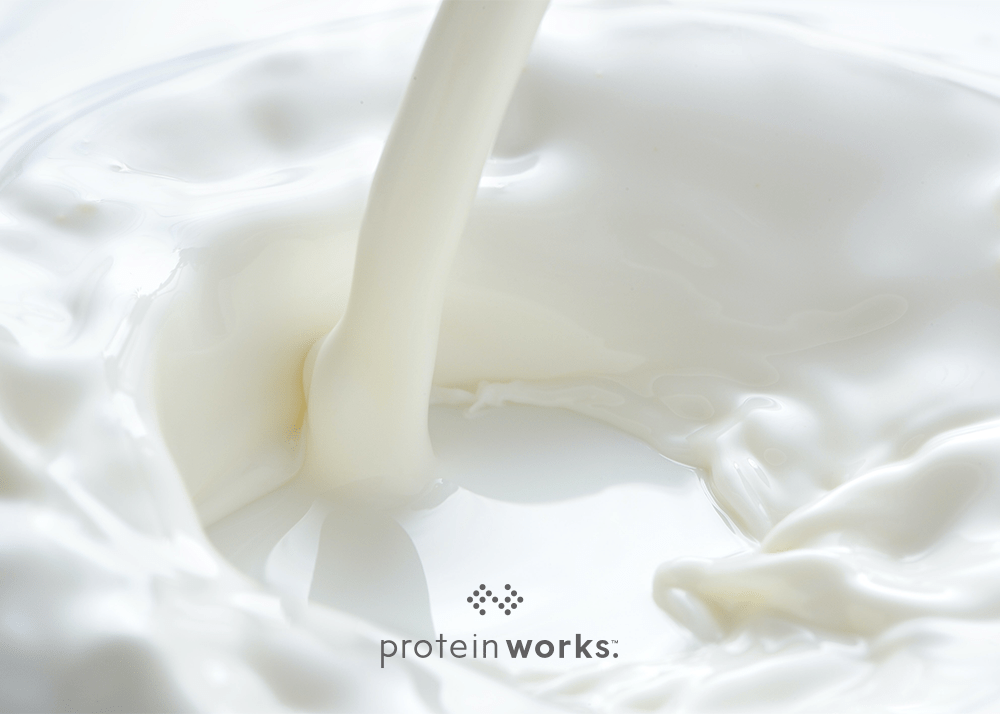
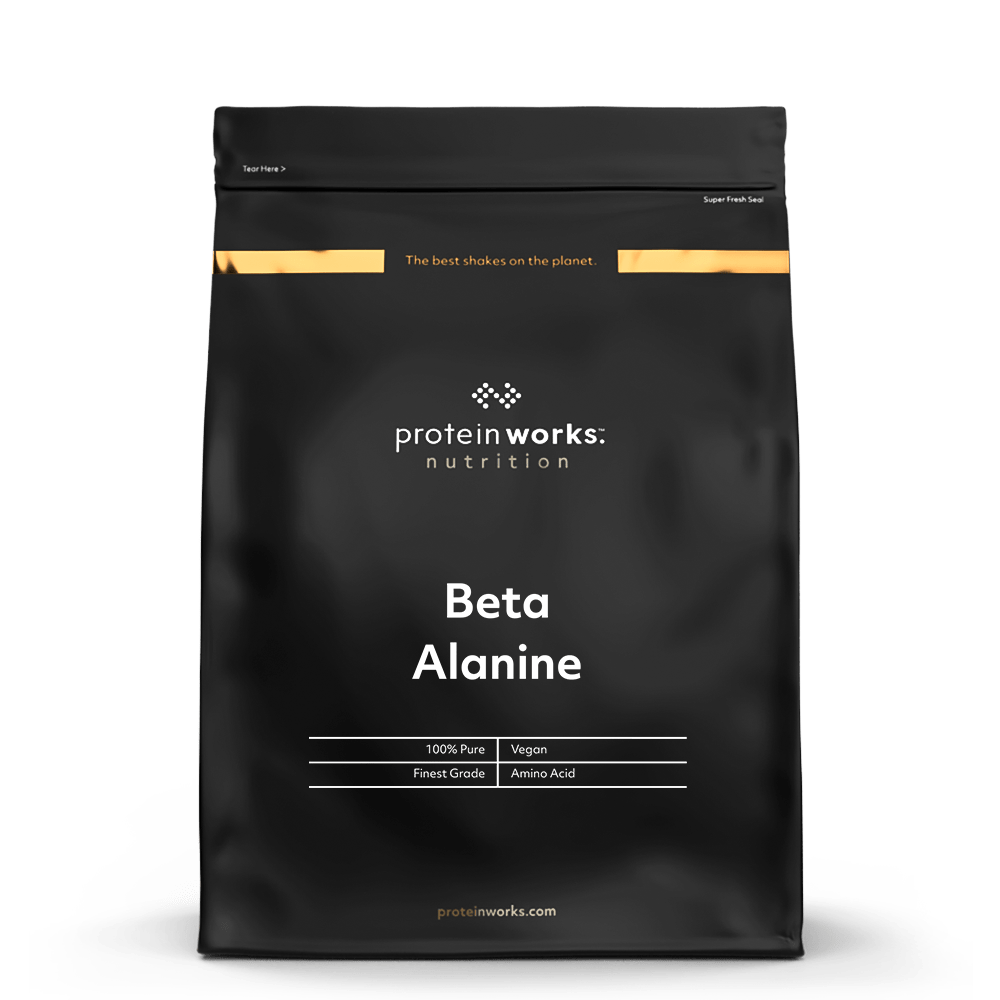
No Comments yet!